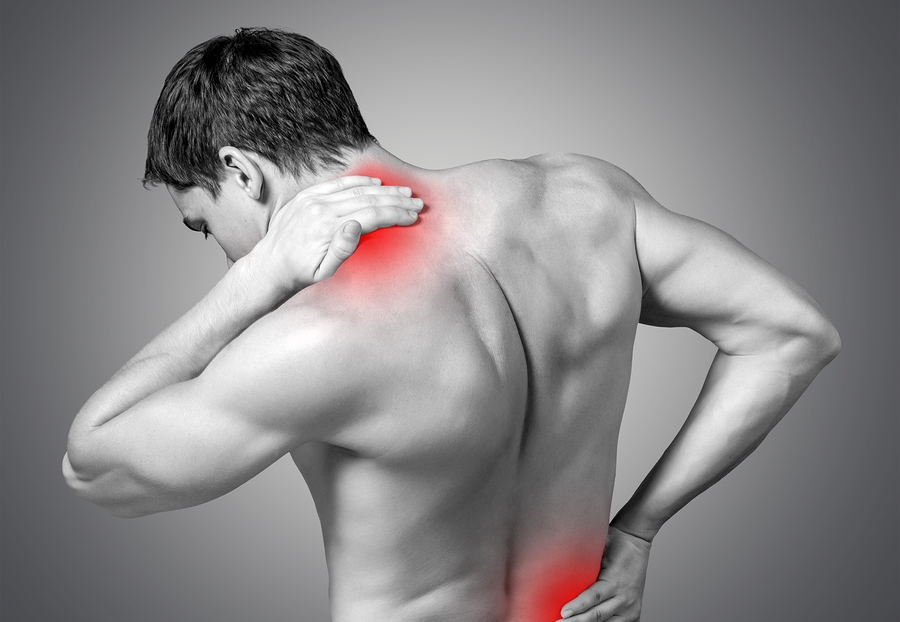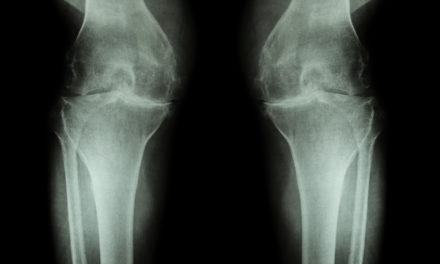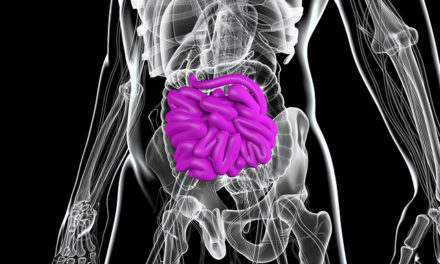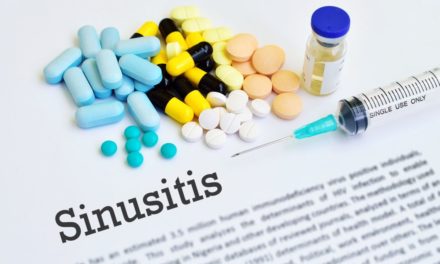There is a tendency among many patients (and many doctors, unfortunately), to that pain medication actually treats pain and inflammation. If a drug can control the pain, then everything is fine. Reducing the pain with drugs does not address the cause of the problem and there are side-effects.
Non-steroidal anti-inflammatory drugs (commonly called NSAIDs) irritate the GI lining, causing bleeding and ulceration. In the July 23, 1996 Archives of Internal Medicine, it states that in nearly 2,000 arthritic patients studied, ulcer risk increased 10-fold. It also stated that almost 25% of NSAID users have ulcers, most of which are without symptoms. NSAIDs also promote kidney and liver injury.
NSAIDS inhibit the formation of cartilage. When you take them for arthritis or joint pain, you may be enjoying some short-term reduction in pain at the expense of damaging your joints in the long term. NSAIDS work in terms of pain reduction, but they can make joint pain or arthritis worse over a prolonged period of time. They should be used cautiously.
According to an article appearing in the American Journal of Medicine (July 27,1998; 105 (1B): 31S-38S), about 107,000 patients are hospitalized each year for NSAID-related GI complications. About 16,500 deaths occur yearly in arthritis patients from NSAID use.
The Cox-2 inhibitors were developed to minimize the GI complications. Vioxx is a Cox-2 inhibitor which was taken off of the market because of the number of deaths it caused. According to David J. Graham, MD, MPH (Associate Director for Science, Office of Drug Safety, US FDA) 139,000 Americans suffered from serious side-effects due to Vioxx and between 26,000 and 55,000 died from using the drug. There may be similar problems with other Cox-2 inhibitors.
One thing many arthritis sufferers have done is to take glucosamine sulfate or chondroitan sulfate products to help to restore cartilage. Studies have shown that these products have some promise in helping arthritis sufferers. There are several research articles supporting the use of these products. Patients suffering from arthritis in the knee experienced relief (Drugs Aging. 2003; 20(14):1041-60 (ISSN: 1170-229X)). The researchers concluded, “In short-term clinical trials, glucosamine provided effective symptomatic relief for patients with osteoarthritis of the knee. In addition, glucosamine has shown promising results in modifying the progression of arthritis over a 3-year period. Glucosamine may therefore prove to be a useful treatment option for osteoarthritis.” The Journal of the American Medical Association (2000; 283(11):1469-75) acknowledged that these supplements may be of benefit to arthritis sufferers.
We need a new paradigm for health care. Patients with arthritis will take glucosamine or chondroitan products with varying results. They could enjoy better results if they did not view these products as replacements for their drugs. Natural health care works best when a broad approach is taken. Taking glucosamine or chondroitan is much more effective if the patient is drinking adequate amounts of water, for instance. Proper diet will help improve results. Avoid refined sugar and hydrogenated oils, get enough omega-3 fatty acids. Exercising to improve flexibility, improve cardiovascular fitness and to strengthen, will help to bring pain under control. Chiropractic care, or other hands-on therapies, can help reduce structural stress and decrease pain.
The idea is to not merely treat pain, but to address all aspects of health. Diet, exercise and chiropractic can all reduce your pain and generally improve your health.






